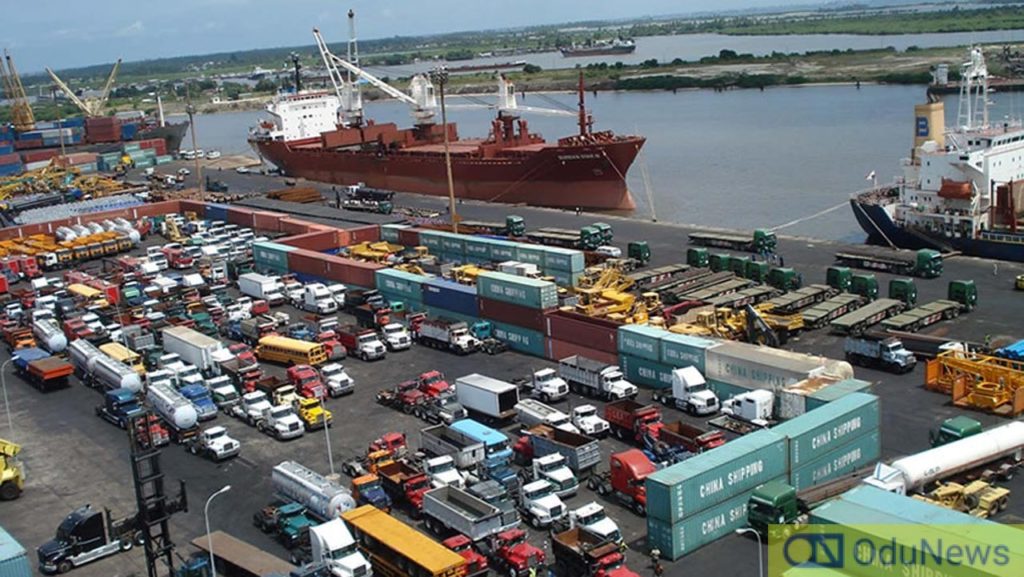Lagos, Nigeria – Following the directive of the Maritime Workers Union of Nigeria (MWUN), employees of shipping companies in all port formations have commenced an indefinite strike. The industrial action is in response to poor wages and alleged dehumanizing working conditions.
The strike is affecting operations at all dry ports, jetties, and terminals. Dockworkers, Nigerian Ports Authority (NPA) workers, Seamen/Nigerian Inland Water Ways (NIWA), and Water Transportation employees are also expected to join the strike in solidarity starting tomorrow if the shipping companies fail to address the workers’ grievances.
Meanwhile, the Nigerian Shippers Council (NSC) has called for a stakeholders’ meeting today in an attempt to resolve the matter and prevent a total shutdown of the nation’s ports. The meeting, scheduled for 8:30 am, is being held at the NSC premises.
During a strategic meeting between MWUN leaders and officials of the Shipping branch of MWUN, as well as plant officials of each shipping company, it was unanimously agreed that regardless of the NSC meeting, operations of all shipping companies must be shut down from today until further notice.
MWUN President General, Prince Adewale Adeyanju, had previously stated that the strike was prompted by the poor remuneration of workers and the refusal of shipping companies operating in Nigeria to establish minimum standards for working conditions and staff remuneration.
Adeyanju expressed disappointment that the NSC seemed to have lost control and regulatory powers over the shipping companies, who have failed to comply with the federal government’s interventions on the matter. He revealed that the issue had been ongoing for the past six years, with the shipping companies refusing to implement minimum standards for their workers.
He added, “The former Minister of Transportation, Muazu Sambo, had directed the NSC to facilitate the process between MWUN and the Shipping Association of Nigeria (SAN). There have been numerous meetings at the instance of the Executive Secretary of the NSC, but the attitude of the SAN is nothing to write home about.”
Adeyanju emphasized that the nonchalant attitude of the SAN has led to this step taken by the workers. The union had issued ultimatums in the past, but due to the sensitivity of the ports, they had weighed their options. However, given the current circumstances, they will no longer continue issuing ultimatums.
The former Minister’s decision to involve the Shippers Council as an economic regulator in the negotiation process was not a mistake, but the lackadaisical approach of the SAN has compelled the union to take this action, Adeyanju concluded.



Comments are closed.